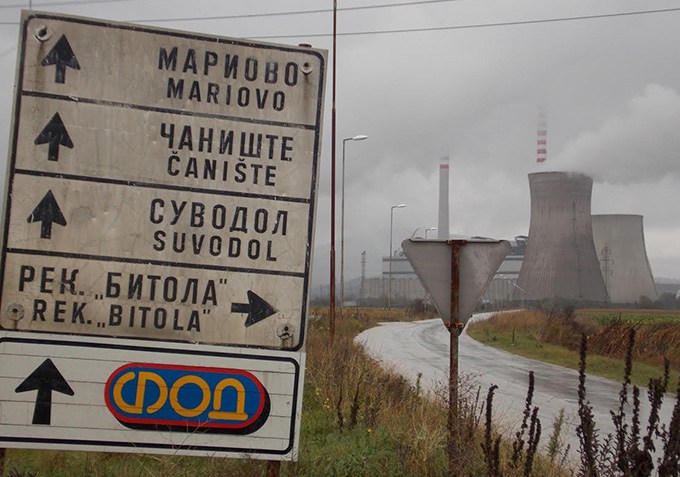According to the research, total sulphur dioxide emissions from coal plants in Serbia, Kosovo, Bosnia and Herzegovina and Macedonia were more than six times as high in 2018 as the overall ceiling agreed with the Energy Community in the countries’ National Emission Reduction Plans.
One power plant in Serbia, Kostolac B, single-handedly emits more SO2 than the total allowed for the four countries together despite being the only plant in the region with recently installed desulphurisation equipment. The China Machinery and Engineering Corporation (CMEC), the company which installed the equipment, has also been entrusted to build a whole new unit at the Serbian coal complex.
Dust emissions from coal plants in Serbia, Kosovo, Bosnia and Herzegovina and Macedonia also exceeded the ceiling by over 60 per cent. Serbia’s and Kosovo’s contributions alone were enough to breach the overall ceiling. Kosovo B was the highest emitting plant for dust, producing around half of the total allowed for the four countries.
Countries in the Western Balkans are signatories of the Energy Community Treaty, which includes industrial pollution reduction targets, the first of which should have been implemented by 2018. Yet the new research highlights that, not only are the countries breaking their commitments, but at some plants in the region, pollution levels have worsened.
Given the life-threatening nature of air pollution, the neglect of this issue by the region’s governments is incomprehensible and reprehensible. Investing in pollution control is not just a legal obligation, it is also the duty of any government which cares about its people, says Ioana Ciuta, Bankwatch Energy Coordinator and one of the authors of the report.
Source: Bankwatch




Comments are closed for this post.